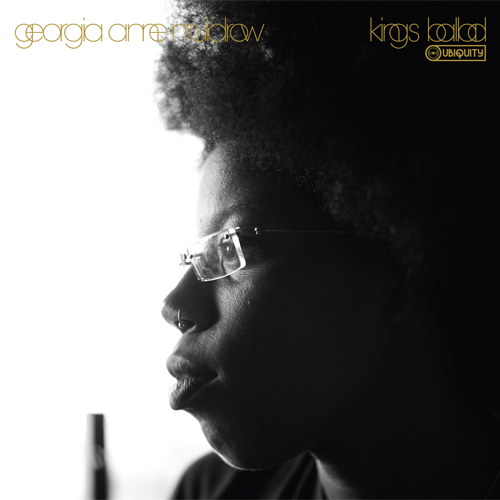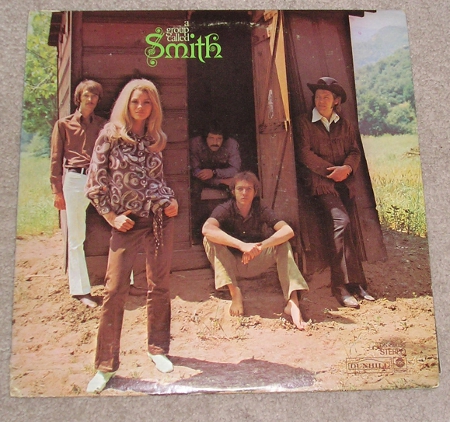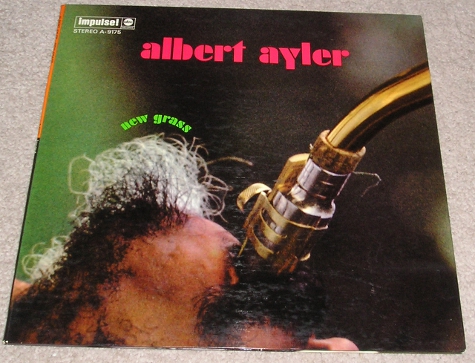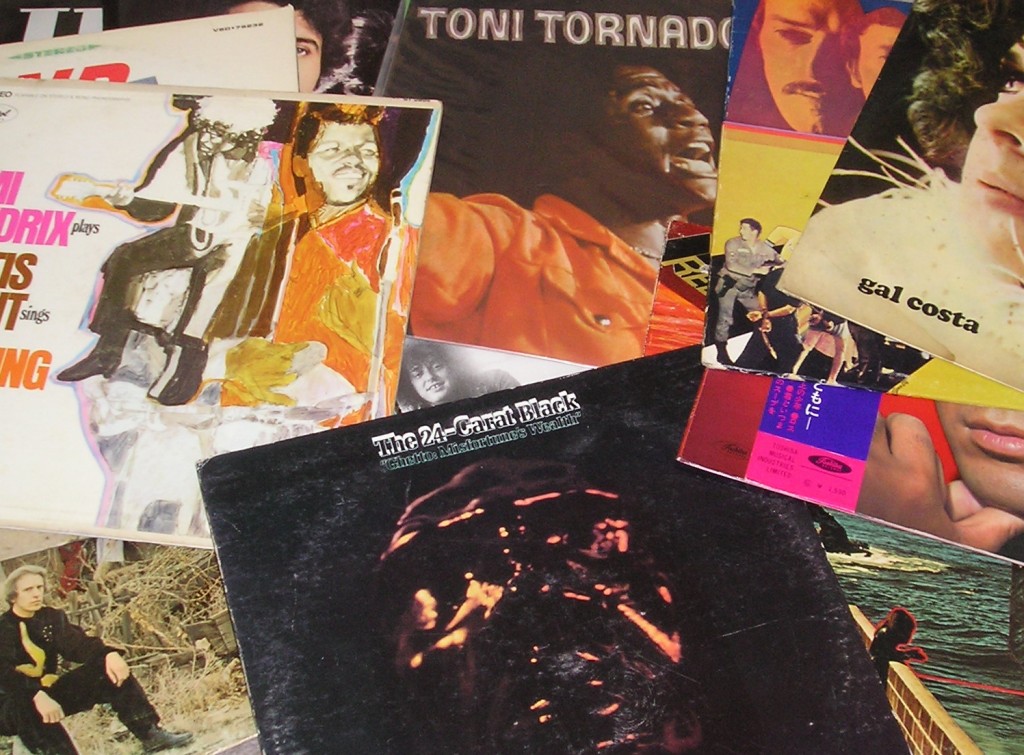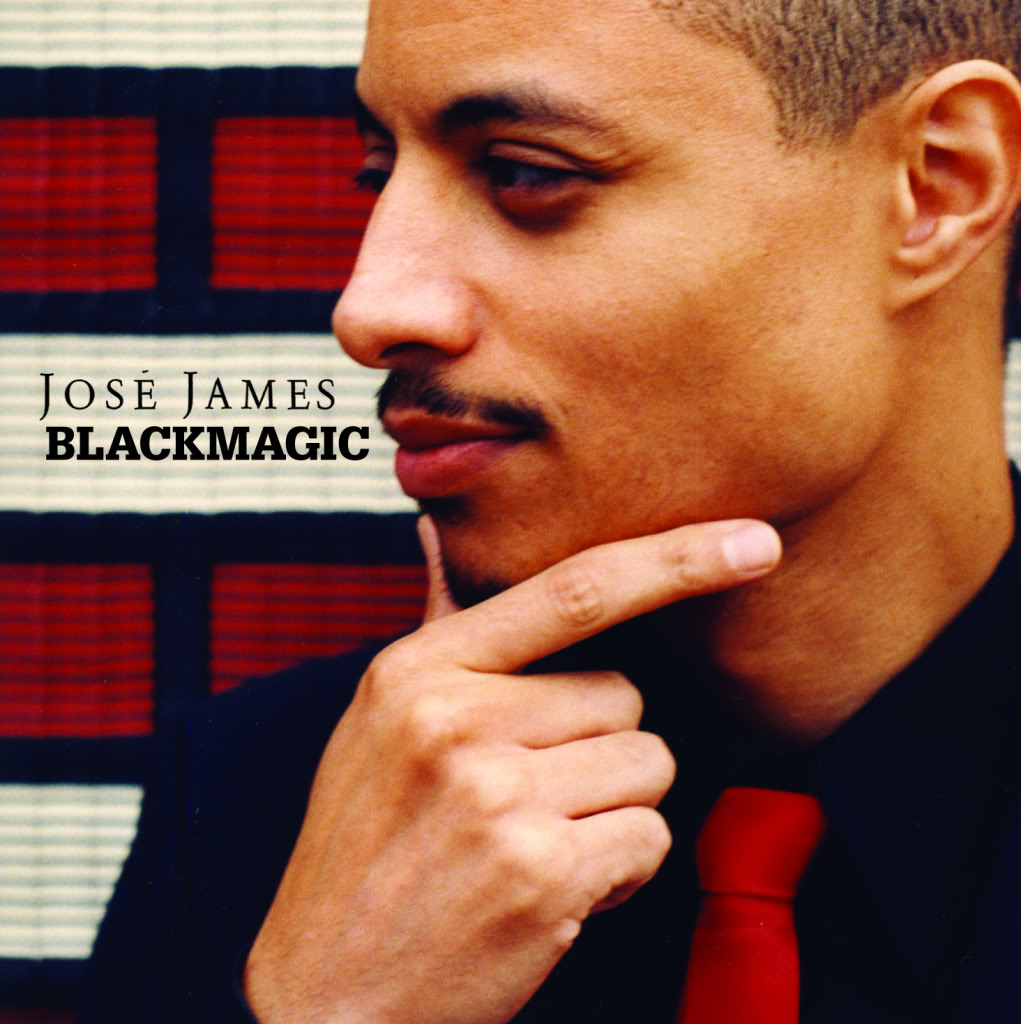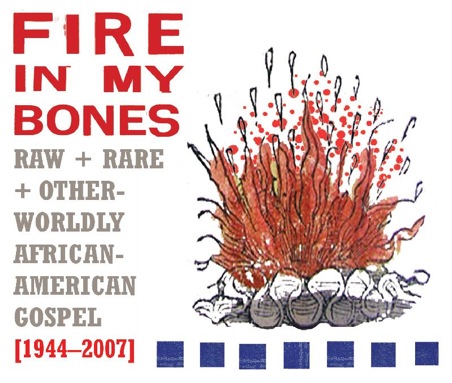
Elder Beck – Rock And Roll Sermon
Rev. Roger L. Worthy & Sister Bonnie Woodstock – Get Back Satan
Lula Collins – Help Me
{Update: For O-Dub’s take on this comp. and Numero’s Born Again Funk collection check on both Soul-Sides.com and NPR}
By divine intervention I received this collection of gospel music in the mail back in January, but I’ve only now really listened to the whole thing. At 3 CDs, each with over 25 tracks and clocking in at over 4 total hours of listening time, there is a lot of music to digest in this set. Personally, I think this music might have been better served as 3 separate volumes released over a certain period of time, instead of a single set. I can understand why they might have wanted to release all of these at the same time, but it is a truly overwhelming collection.
As overwhelming as it is in terms of volume, it’s twice as overwhelming in terms of quality. Virtually every major tradition in 20th century African-American spiritual music is evident here and there are many many glorious tracks on this compilation. To my ears, the best songs tend to be from the 1950s and early 1960s, generally in an early rock’n’roll vein or based off more of an electric blues tradition. Perhaps the single most noteworthy song on here was recorded in 1956 by Elder Beck and is simply and very accurately titled “Rock And Roll Sermon.” Believe me when I say, this “Rock And Roll Sermon” is so unbelievable it just has to be heard. As compiler Mike McGonigal implies in the notes, you really have to wonder if everyone involved, from Elder Beck to the musicians to the congregation, realized that they were rocking as hard as any of those “damned” Rock’n’rollers ever had.
In fact, the group, especially the guitarist, rocks so hard that you could be excused for believing that the music was later edited in just to throw things completely over-the-top. If rock bands used samplers the way Hip-Hop musicians do, they would have a field day with this song and all of its great lines on the evils of Rock’n’Roll. My favorite exchange happens towards the end when Elder Beck begins channeling Bill Haley only to flip the script in an unexpected (though given the theme of the song, perhaps expected) way.
Rock’n’Roll all night long, Rock…
One O’clock Rock, Two o’ clock Rock,
Three O’ clock Rock, Four o’ clock Rock,
Five o’ clock Roll,
Roll into the patrol wagon, Roll in before the judge,
Rollin’ out the courthouse, Rollin’ into the penintentrary,
Rollin’ into the electric chair, Rollin’ out to the undertaker.
(Screams) Ahhh! Rock’n’roll!
As I said, it’s so unbelievable, it just has to be heard. Another standout is “Get Back Satan” from the Rev. Roger L. Worthy & his sister Bonnie Woodstock. This song was recorded in 1965, but it sounds as if it comes from a much earlier period of time with Worthy & Woodstock singing in unison accompanied by an electric guitar with an eerie amount of reverb. It’s exactly the kind of song I fully expect Holly Golightly, in her latest incarnation along with the Brokeoffs, to be covering in the near future.
For those of you into Gospel Funk, there are plenty of choices here too. Lula Collins’ “Help Me” from 1973, is a track that could have just as easily ended up on obscure Tennesee funk comp. by itself. Aside from some relatively minimal religious references, it is easy to take this song on very secular terms. That’s a more difficult task with a song like “Telephone In My Bosom,” from the Amazing Farmer Singers of Chicago. While the sound has a bit of Sly & Funkadelic, the lyrics keep you focused on the sacred, which is, after all, the true point of this music. You can appreciate it simply on its sonic merits, because it’s very funky, it rocks, it swings, is deeply soulful or just has a certain sound. But it’s very important to understand the context this music was recorded and to remember that even at its most rockin’ it remains sacred music.
It’s the sacred character I’d argue that sets many of these performances above the standard fare produced in similar times. There’s a feeling in these performances that is shared in other sacred musics, but not as readily found in more secular, popular sounds (except not surprisingly when artists come from the Church, i.e. Aretha Franklin, Sam Cooke, Donny Hathaway, etc, etc, etc.). However you want to appreciate this music, what’s most important is that you DO experience it. Regardless of your own religious belief or feeling, this music is deserving of your attention and your ears will be richly rewarded once you delve into this fine set.

